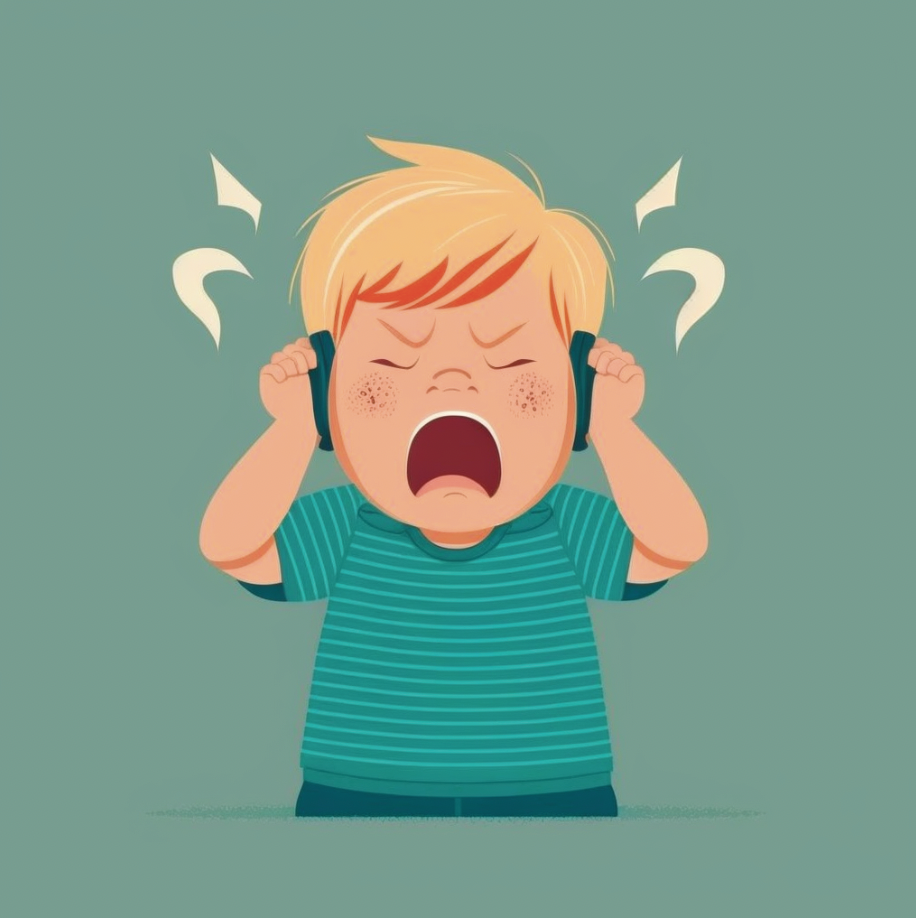Erica Gliga MOT, OTR/L
Let’s break down what it might look like if your child is sensitive to loud noises and how to support them
Sensory Processing
We each experience the world differently depending on how our brain and nervous system interpret all the information from our senses. Take a moment to think about how much your eyes see or how much you touch items every single day. That is a constant flow of information!
It is the brain and nervous system’s job to help us figure out what is going on in the world around us so that we can continue what we need to do, want to do, and are expected to do.
Loud Noises
Our ears hear so many sounds and noises. Noise can be startling and unexpected like a fire truck or a big balloon popping. Noise can be bothersome if it is high-pitched like the vacuum or hair dryer. Noise can be overwhelming like a group of kids running around the gym or the bath water running.
When it comes to sounds and noises, we might want to turn the volume up and sometimes, we might need to turn the volume down. Children that seem to quickly become uncomfortable with certain loud noises may have some noise sensitivities. If there are no underlying hearing or ear-related concerns, loud noises could be too much for your child’s brain and nervous system. The volume is turned up way too high!
Loud noises like a blender, the garbage truck driving by, a noisy classroom, and going into a store might be hard for your child to appropriately respond to. Your child might dislike certain sounds that can then impact their ability to participate. They might appear distracted or hyperactive or perhaps visibly upset. They might cover their ears. In an environment that they perceive as being too noisy, it might be hard for them to differentiate between what is background noise and what is important to hear.
What Can You Do?
What you can do to support your child with sensitivity to loud noises:
- Listen for what might be making your child uncomfortable
- You could be having a very different experience
- It could be something unexpected
- Validate your child’s experience
- Heavy work used throughout the day; learn more about it here
- Having your child actively engaged in heavy work is key!
- Reflect on how your volume level or tone of voice might be impacting your child
- You might try:
- Whispering
- Talking at a slower pace
- Going into a quieter space if available
- You might try:
- Noise-canceling headphones can be handy and are easy to pack
- Offer an opportunity to control a certain sound such as having your child help start the bath and turning on the water a little bit at a time
While we cannot stop or prevent all noises in our environments, it is important to understand your child’s individual sensory preferences in order to best support their needs.
References:
Ayres, A. J., & Robbins, J. (2005). Sensory integration and the child: Understanding hidden sensory challenges. Western psychological services.




